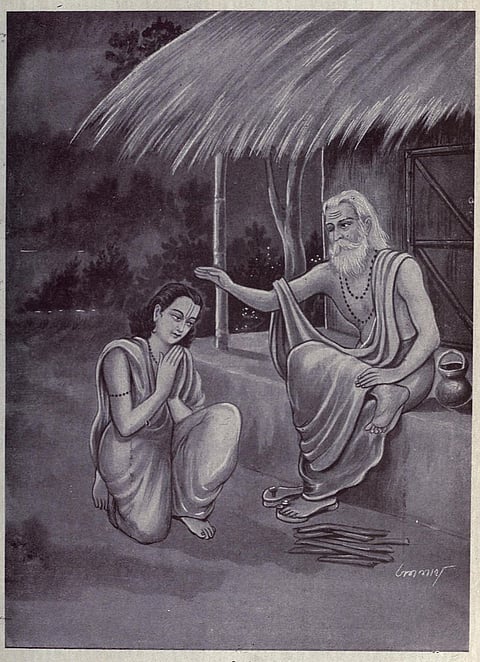On 17 January 2016, Rohith Vemula, a Dalit PhD student at Hyderabad Central University (HCU), hanged himself in his friend's hostel room. The university administration had suspended him, along with four other students, ordering them to evacuate their hostel rooms two weeks earlier. He had already stopped receiving his monthly stipend of INR 25,000 (USD 365) since July 2015. His involvement with the Ambedkar Student Association (ASA), particularly in protesting the death penalty and judicial execution of Yakub Menon and condemning the attacks by Akhil Bharatiya Vidyarthi Parishad (the student wing of the Rashtriya Swayamsevak Sangh) during the screening of Muzaffarnagar Baaqi Hai on campus had caused a university backlash, leading to the eviction of the five students from their hostel room.
The Hyderabad Central University is an institution that has been awarded an A Grade by the National Accreditation and Assessment Council, which denotes an institution of excellence as per academic indicators. However, this university has the dubious distinction of repeatedly rusticating students predominantly from marginalised groups. Eleven students in Hyderabad have taken their own lives in the past eight years. Rohith Vemula, who wanted to be "a writer of science, like Carl Sagan", has now been added to this statistic.

